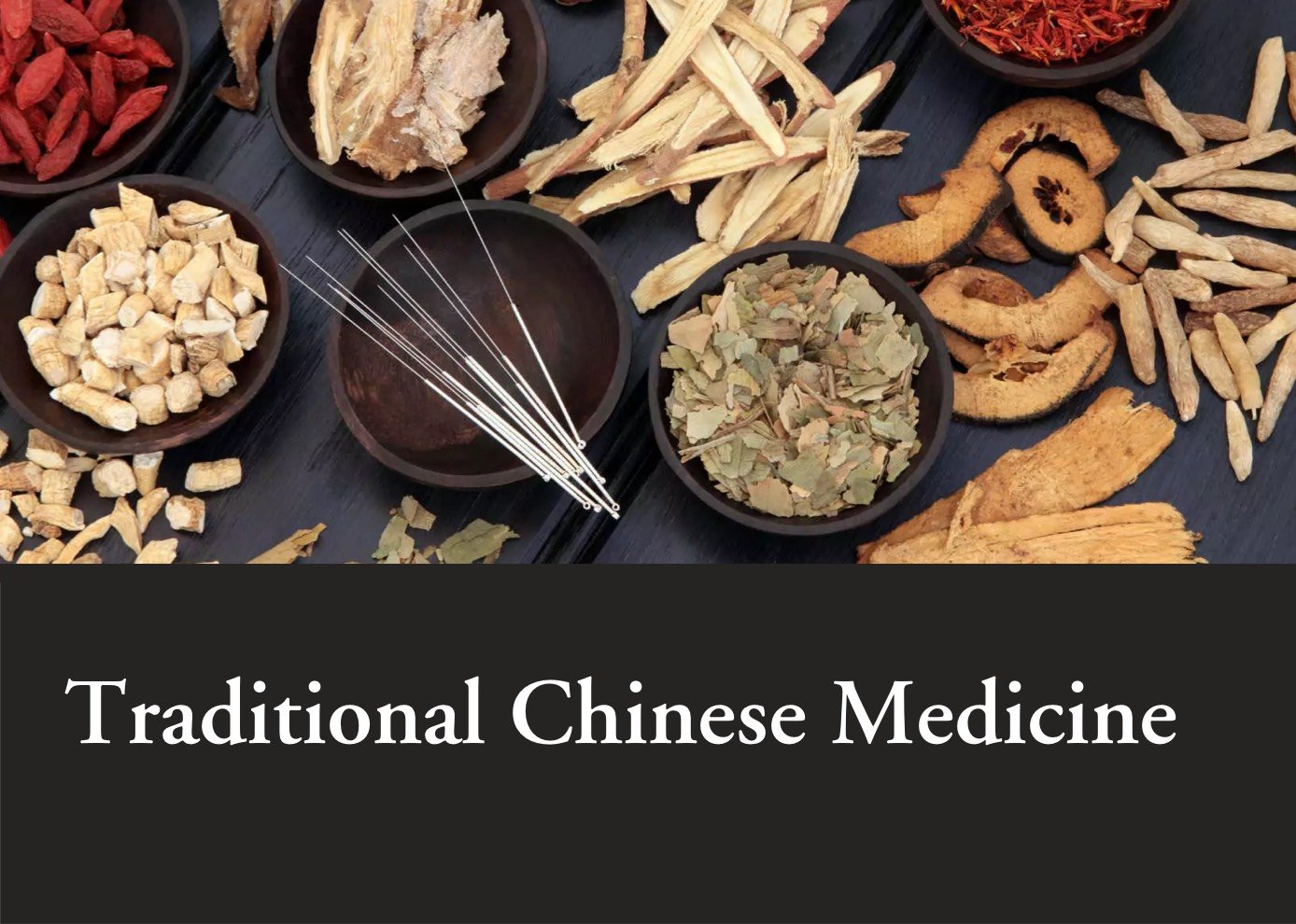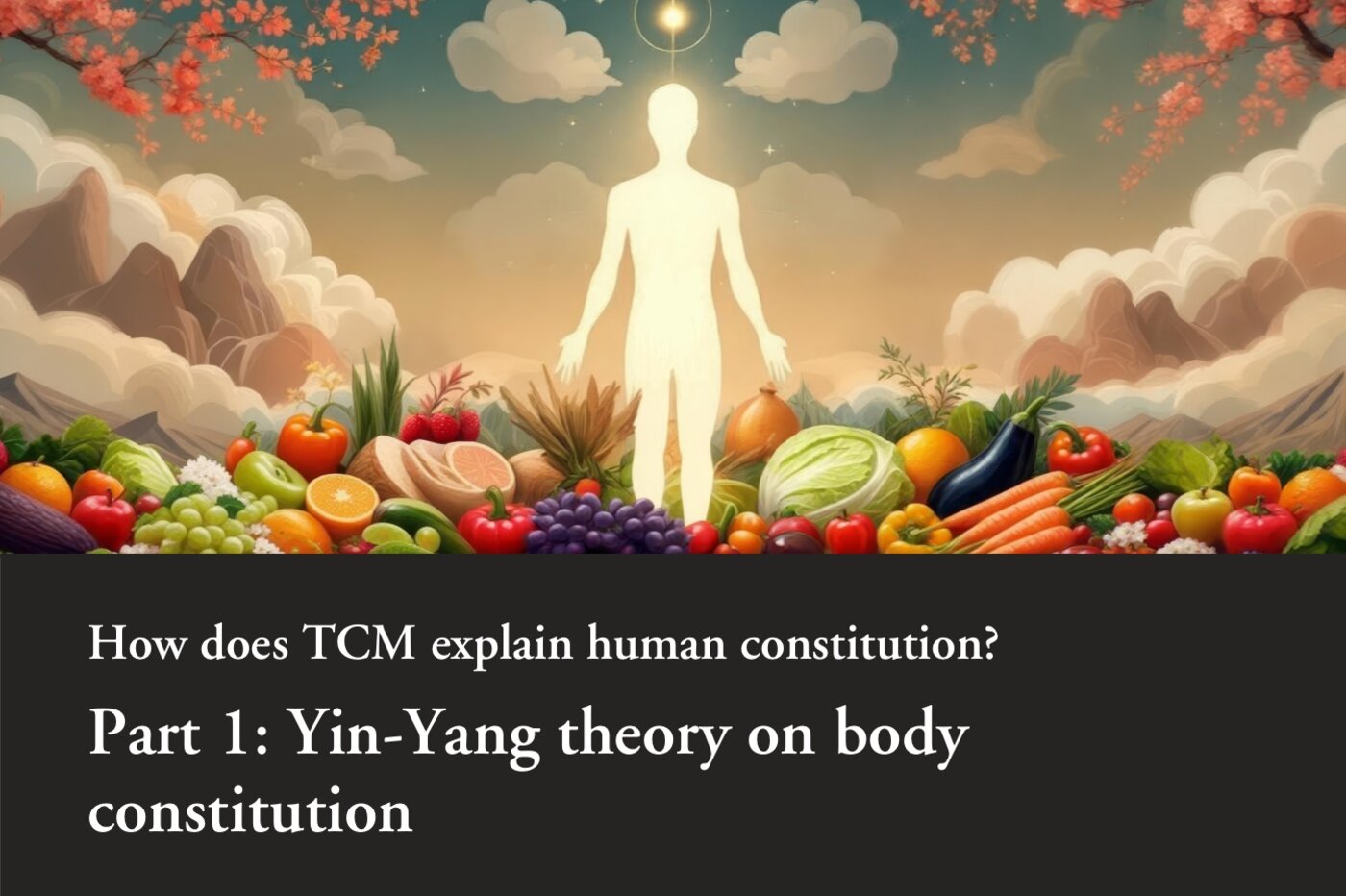The main purpose of this column is to enhance readers' understanding of Traditional Chinese Medicine Culture (TCM, 中醫藥文化), allowing them to apply the concepts of TCM to improve their health while promoting the inheritance of TCM culture. The content includes the philosophical concepts and efficacy of TCM. It first introduces basic philosophical concepts such as "the unity of heaven and man (天人合一)," "Yin and Yang (陰陽)," "Wuxing (五行, also called as “Five Agents”)," and the material basis of human life activities (In TCM this theory also called as “氣血精液”) as applied to TCM theory. It then clarifies the classification of people's constitutions, the functions of the different organs of their body, the causes and changes of diseases, the methods of TCM diagnosis (the four examinations: observation, listening, inquiry, and pulse-taking), the principles of TCM treatment, and health preservation methods (such as dietary therapy, medicinal cuisine, and tea therapy), further explaining the principles, contraindications, and effects of food and Chinese medicine usage.












